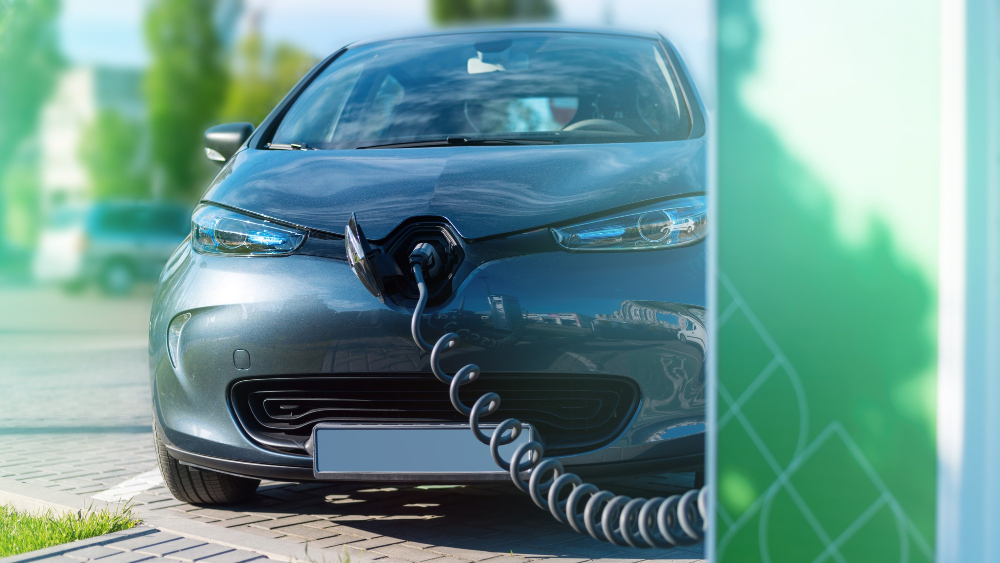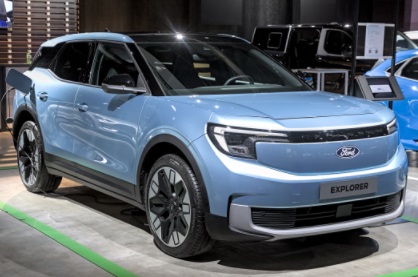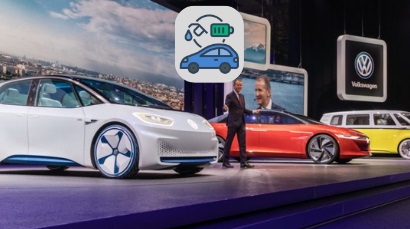As businesses in the UK increasingly transition to electric vehicles (EVs), one of the most significant factors driving this shift is the stable Benefit-in-Kind (BIK) tax treatment. The government's commitment to maintaining favourable BIK rates for electric cars until at least 2025 provides certainty for businesses planning their fleet strategies. This stability in tax policy is crucial for businesses seeking to minimise financial risks and allow them to make long-term investments in sustainable transportation solutions.
The current BIK rates for electric cars are notably lower compared to those for traditional petrol or diesel vehicles. This incentivises both employers and employees to choose electric company cars, as the lower tax liabilities mean that there will be significant cost savings. However, beyond 2025, there may be concerns about the potential changes to BIK rates for electric cars. While the government has indicated its intention to maintain support for electric vehicles, future adjustments to tax policies could impact businesses using EVs.
Looking ahead, businesses must be watchful and stay informed about any updates or changes to BIK tax rates beyond 2025. It's crucial to keep pushing for fair and steady tax rules for electric cars so they stay popular in the UK. Businesses need to talk to the people who make the rules and keep an eye on any changes that might happen. This way, they can make the most of electric cars and handle any tax changes that might come up.

Designed by www.freepik.com










